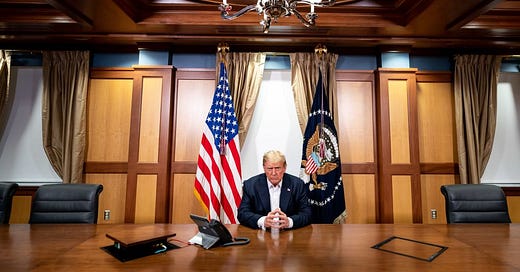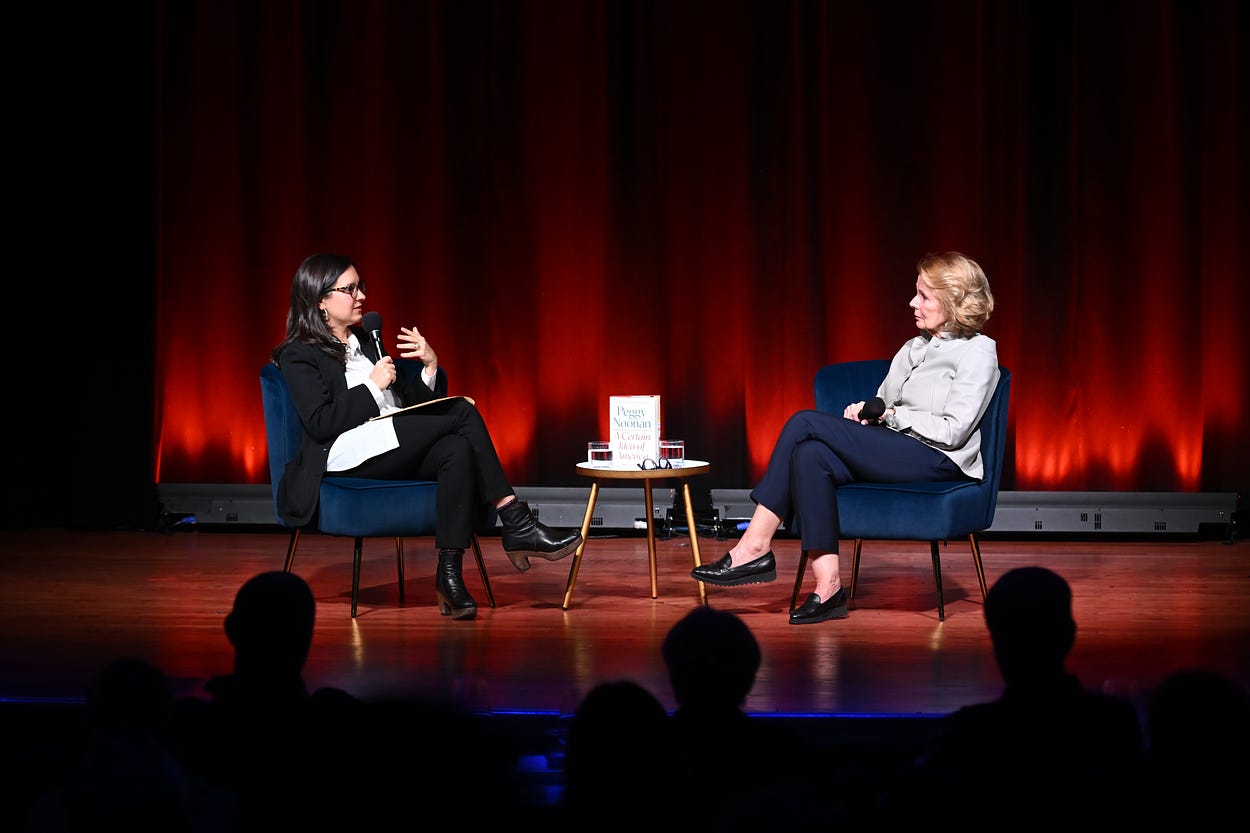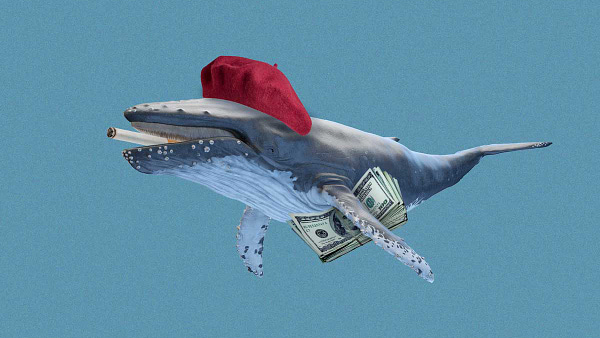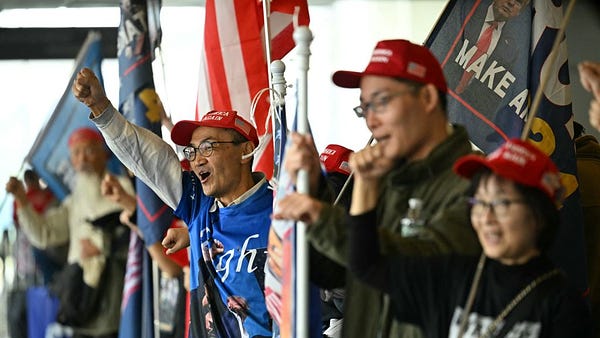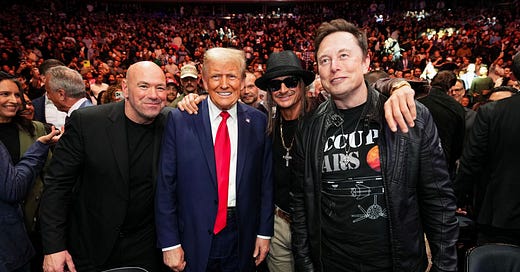
There are three hot wars gripping the planet as Donald Trump prepares for his second term: the war in Ukraine, the battle in the Middle East, and an escalating fight in Washington for influence over his national security strategy.
This last war isn’t taking place across a border or over Iranian airspace, but mostly on X, where potential appointments—and bans—are being litigated by comedians and campaigns are being run by surrogates of hopefuls against other hopefuls.
Key protagonists in this early struggle include, on one side, Trump’s eldest son, Don Jr.; talk show host Tucker Carlson; billionaire industrialist Elon Musk; and a politically incongruous mix of viral podcasters and politicians. On the other side are several people from Trump’s first term, leading Republican lawmakers, and military veterans.
This conflict over the transition claimed its first victims on Saturday when Trump announced on social media that two stalwarts from his first administration—former secretary of state Mike Pompeo and ex-ambassador to the United Nations Nikki Haley—won’t be serving in his second term. “There were at least 25 people who called the president and said: ‘It’s got to be Mike Pompeo,’ ” a senior Republican official told The Free Press. “And none of it mattered.”
The defenestration of Pompeo and Haley, followed by some political muscle-flexing on X by Trump Jr. and Carlson, unnerved a number of Republican leaders and Trump administration veterans involved in the transition. Talking on background to The Free Press Sunday, they said they fear Trump’s inner circle is pushing for a national security team that will be reluctant to use U.S. military power to back American allies in Europe, the Middle East, and Asia.
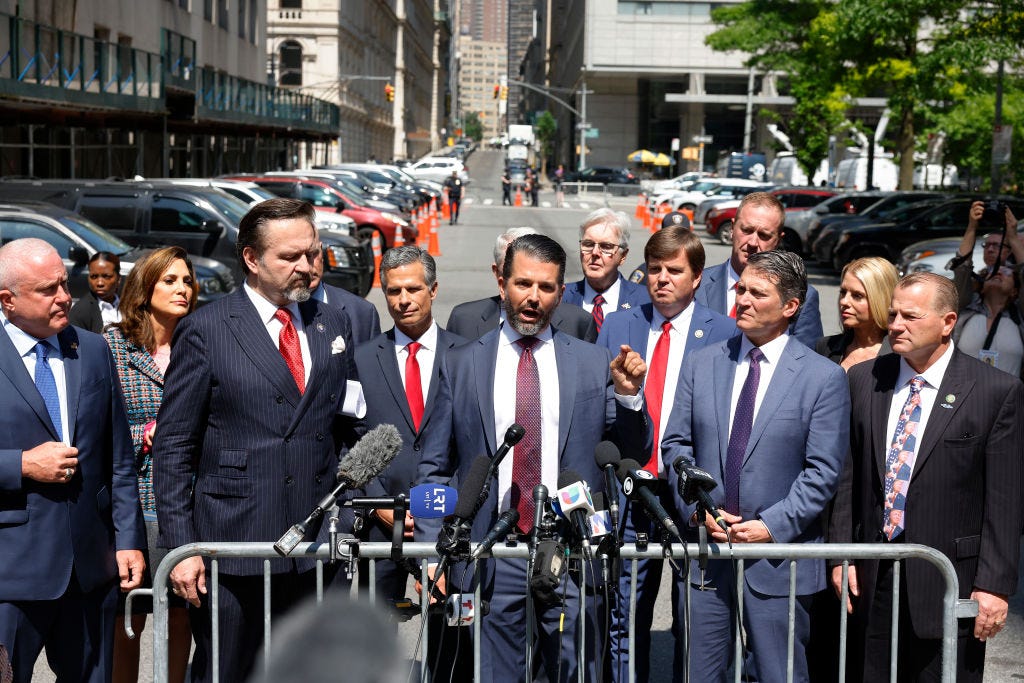
Such a strategic shift inward could almost immediately undermine Ukraine’s military operations against Russia and Israel’s war against Iran and its proxies, they warned. “I think there’s a new inner circle around Trump that is pushing him toward allowing Putin, Xi Jinping, and Iran to kind of do whatever they want to do, into a new isolationist approach, which we really haven’t seen before,” said a Republican national security strategist who held a senior post in the first Trump administration.
Trump campaigned against embroiling the U.S. in “forever wars” and has voiced skepticism about Ukraine’s ability to push Russian forces off their lands. Carlson and other public personalities who backed Trump, such as the venture capitalist and podcaster David Sacks, have argued that U.S. and NATO military deployments essentially forced Russian president Vladimir Putin to invade Ukraine. Israeli media has reported that Trump wants Israel to wrap up its war in the Gaza Strip by the time of his inauguration.
There’s also a growing concern that Trump may rely mainly on political loyalists rather than seasoned national security staffers. It’s a temptation he largely resisted during his first term, though he moved in that direction toward its end. “Don Jr. and Grenell and Tucker have his ear in a way that’s very dangerous,” the first Republican leader told The Free Press on Sunday, referring to Ric Grenell, a close campaign adviser and former ambassador to Germany.
Others involved in the transition, though, cautioned against overreacting to the moves against Pompeo and Haley, and said Trump would build a balanced and experienced team. “I’d give it time,” said a third senior veteran from Trump’s first foreign policy team. “The president is pragmatic, and he’s very clear about what he wants to do this time.”

